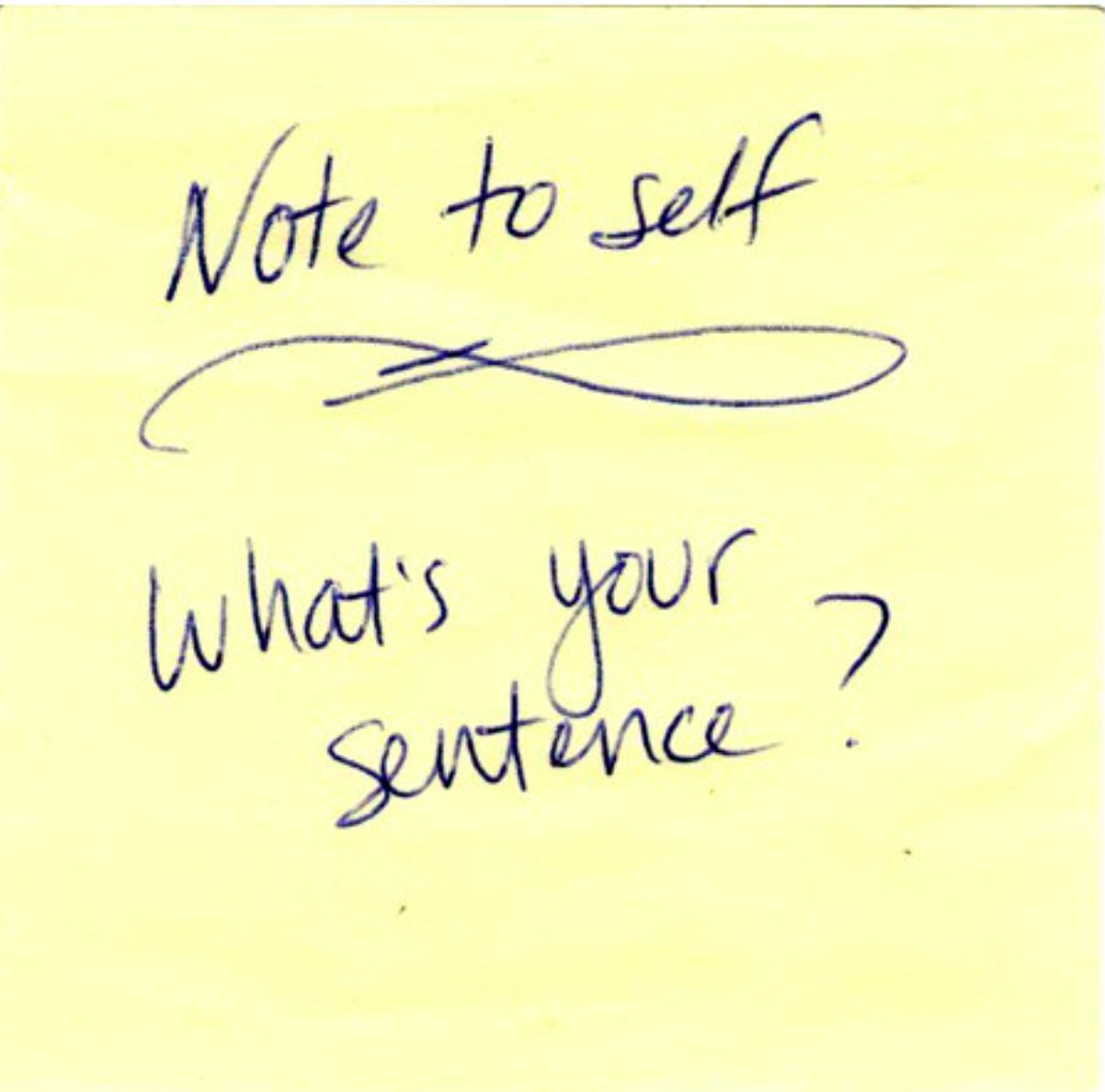
Definition
Sentences are
- a grammatical unit, involving
- a subject and a verb or
- a subject, verb, and object
- the basic building blocks of thought, the ways we encode and decode information
- a signal, a sign, of education, literacy, professionalism, work ethic.
Related Concepts: Edit for AWK(Awkward); Edit for Sentence Fragments; Edit for Parallelism; Edit for Run-On Sentences; Edit for Sentence Structure
Why Do Sentences Matter?
When you aim to communicate with someone other than yourself in semi-formal and formal circumstances, you are expected use complete sentences.
When you fail to use sentences in those circumstances, your readers are likely to assume that you have not adopted a professional tone, voice, or persona.
[ Professional Writing Prose Style ]
Sentence Errors
Sentence Mechanics
Sentences are started with a capital letter and then ended with end-mark punctuation–i.e., a period, exclamation, or question mark.
Sentence Parts
The sentence, aka independent clause, has two required and one optional parts:
- an independent clause—i.e.,
[ Subjects, Verbs, & Objects | Parts of a Sentence ]
Sentence Patterns
Sentences conform to five different patterns:
- S-LV-SC
- S-TV-DO
- S-TV-IO-DO
- S-TV-DO-OC
- S-ITV
Sentence Structure
Sentences can be structured in four ways:
| 1. Simple Sentence Structure | one independent clause (IC). | |
| 2. Compound Sentence Structure | two independent clauses (IC IC) connected by a coordinating conjunction. | |
| 3. Complex Sentence Structure | one independent clause and one or more dependent clauses (IC DC) or (IC DC DC). | |
| 4. Compound-Complex Sentence Structure | two independent clauses and one or more dependent clauses (IC IC DC) or (IC DC IC) or (DC IC IC) etc. |
Sentence Types
Sentences in Standard English are defined by aim (aka function):
| Declarative | declare something! |
| Imperative | make requests, give orders |
| Interrogative | ask questions |
| Exclamatory | give emphasis and an excited tone! |
Sentence Word Length
Sentences can range in word length. Generally speaking, the longer a sentence, the harder it is to interpret. At a minimum, a sentence is a single word with a subject implied. Two-word sentences are commonplace.










